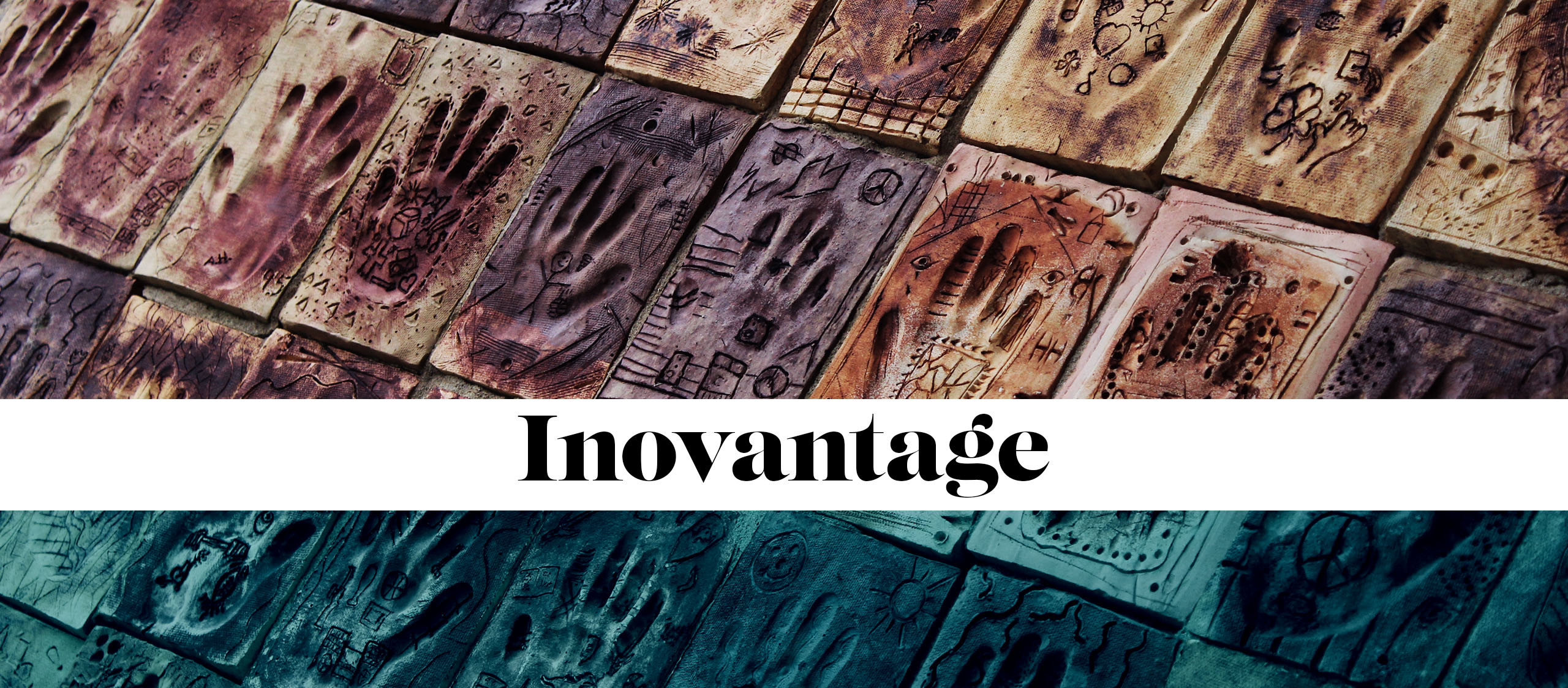18.12.2020
Reading the workforce DNA of EEMENA
The new edition of Inovantage Report

Inovantage Report – The Workforce DNA edition: The workforce disruption and pending economic recession fuelled by the Covid-19 pandemic are causing daily uncertainties that will stretch well into the coming years. The acceleration of automation and need for digital solutions, even for basic day-to-day chores, are undermining trust in what people knew and were familiar with.

Something is certain though: local economies found resources from within and rose to the challenges they were facing in the first quarter of this year. So far, a combination of actions, inherited social traits and workforce resilience has helped countries from Eastern Europe, Middle East and North Africa to successfully manage the crisis.
This year-end edition of Inovantage lays in front of us, like a deconstructed DNA sample, those traits that define the regionโs workforce landscape. The report aims to clarify: 1) what pre-pandemic conditions eased each countryโs efforts and what accelerated their failings; and 2) what key learnings can public and private stakeholders learn and apply in the following years.
The report analyses global trends in workforce development and participation, but it focuses on the Eastern Europe, Middle East & North Africa regions (Poland, Czechia, Slovakia, Hungary, Slovenia, Croatia, Romania, Bulgaria, Serbia, Greece, Turkey, Tunisia and the United Arab Emirates).
Trends in employment in the CEE and MENA region are highly diverse and are bound to national economic conditions. Some countries have had a noteworthy performance in increasing workforce participation. For example, Czechia, Hungary, Poland, Romania and Turkey have all seen employment rates in 2019 surpass pre-2008 crisis levels by 5 percentage points or more, while Serbia has seen a recent upswing in employment rates too.
In the short term, the pandemic has seen a new prioritisation of workplace safety, with the Adecco Group actively working towards the dissemination of good practices in ensuring a safe return to work for employees across the world (The Adecco Group, 2020).
The key findings of the Inovantage – Reading the Workforce DNA report include:
- The best prepared countries to tackle workforce challenges are the ones with good social mobility and widespread vocational and technical skills. Gender parity, ethnic minority integration and workforce inclusiveness play a key role in ensuring work transitions in challenging times.
- Enhanced ICT infrastructure and digital skills are fundamental to tackle any future disruptions in labour markets. Countries with both public and private digital infrastructures and tech-savvy workforces had better results at managing the disruptions caused by initial lockdowns.
- Government social measures and relatively lower interdependency with the globalised economy helped Eastern European countries bounce back easier. The local political responses towards the labour markets were initially timid and poorly communicated. Most countries announced more support measures after the Cohesion Policy Response to the Covid-19 crisis was released by the EU.
- The future of work in EEMENA belongs to an ever-learning and digitally skilled workforce. With a vigorous but ageing population, countries in the region must offer more growth opportunities and up-to-date lifelong learning experiences to upskill their citizens.
Watch the video about the new Inovantage edition here


